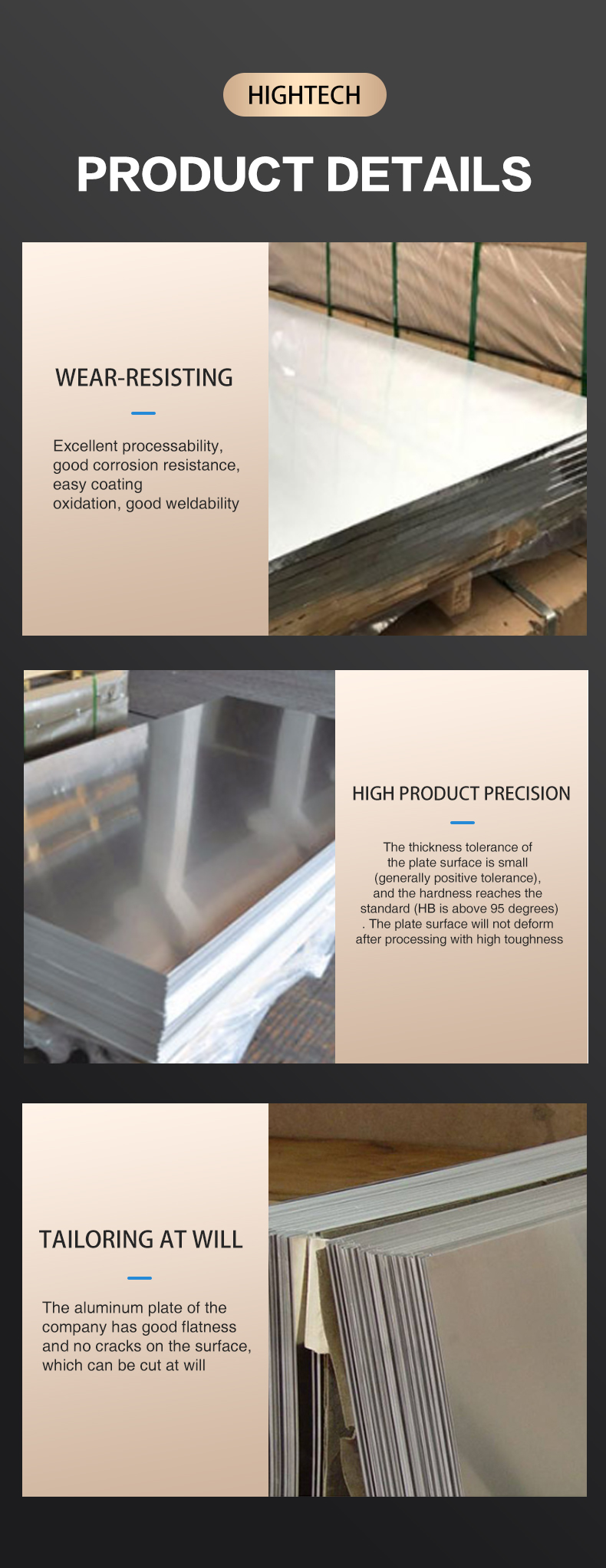Tailored Flexible Plastic Extrusion Solutions for Diverse Applications
ធ្នូ . 25, 2024 04:35 Back to list
Tailored Flexible Plastic Extrusion Solutions for Diverse Applications
The Versatility of Custom Flexible Plastic Extrusion Profiles
In the modern manufacturing landscape, custom flexible plastic extrusion profiles have become increasingly popular, playing a critical role in various industries, from automotive and construction to electronics and consumer goods. These profiles are created through the plastic extrusion process, which involves melting down plastic material and forming it into a continuous shape that is then cooled and cut to desired lengths. This method not only allows for high scalability and efficiency but also enables the production of highly specific shapes and designs tailored to meet unique application needs.
Understanding the Process
The extrusion process starts with the aggregation of raw plastic pellets or granules. These materials are fed into an extruder, where they are heated to a molten state. As the plastic becomes pliable, it is forced through a specially designed die that shapes the material into a continuous profile. The cooling phase follows, usually by passing through a water bath or air cooling system, solidifying the newly-formed profile. Finally, the extruded plastic is cut into manageable lengths for further processing or shipment.
Custom flexible plastic extrusion profiles can be produced using a variety of polymers, including PVC, ABS, polycarbonate, and polyolefin, each offering distinct properties suited to specific applications. Flexibility is a key attribute of these materials, allowing for easy manipulation without compromising durability.
Applications Across Industries
The versatility of custom flexible plastic extrusion profiles is evident in their wide array of applications. In the automotive industry, for instance, these profiles are used for sealing strips, weather stripping, and decorative trim. They serve to improve both functionality and aesthetics, enhancing vehicle longevity and user experience. The construction sector frequently employs these profiles for insulation, window frames, and various architectural elements, capitalizing on their ease of installation and energy efficiency.
In the electronics field, flexible extruded profiles are essential for wire and cable management, providing protective coverings that secure delicate components. Additionally, consumer goods companies utilize these profiles in product design, such as in packaging solutions and household items, where customized shapes can lead to enhanced user-friendliness and brand differentiation.
custom flexible plastic extrusion profile

Benefits of Customization
One of the most significant advantages of utilizing custom profiles through the flexible plastic extrusion process is the ability to tailor the specifications to meet precise requirements. This customization can include thickness, color, texture, and overall profile design. The availability of various polymer materials also provides options for different mechanical properties, such as impact resistance, UV stability, and thermal insulation.
Moreover, custom profiles can be designed to include additional functionalities, such as embedded gaskets for sealing purposes or channels for cable management. This level of customization is particularly beneficial for companies looking to create unique products that stand out in a competitive marketplace.
Sustainability Considerations
As environmental concerns become increasingly important, many manufacturers are focusing on sustainable practices within plastic production. The extrusion process can be optimized to reduce waste, and there are growing options for utilizing recycled materials in the fabrication of custom flexible plastic profiles. Companies that prioritize eco-friendly practices can not only enhance their brand image but also contribute positively to the environment.
Conclusion
Custom flexible plastic extrusion profiles represent a vital aspect of innovation in manufacturing. Their adaptability and efficiency support countless applications across diverse sectors, paving the way for enhanced product designs and improved functionality. As technology and materials science advance, the potential for more sophisticated and efficient extrusion profiles will continue to grow, underscoring the importance of this process in the ever-evolving landscape of modern industry. Whether for automotive parts, construction applications, or consumer products, the future of custom flexible plastic extrusion profiles brims with possibilities, making them an integral component of contemporary design and engineering solutions.
-
LED Neon Rope Light Outdoor Companies: Durable & Bright Solutions
NewsAug.27,2025
-
Premium Window Seal Strip Adhesive: Manufacturers & Suppliers
NewsAug.26,2025
-
Best Window Seal Strip Adhesive Companies: Strong, Durable Seals
NewsAug.25,2025
-
Karcher A2004 Wet & Dry Vacuum Filter: Premium Replacement Cartridge
NewsAug.24,2025
-
Premium Vacuum Filter for Karcher VC 4, VC 6, VC 7 & Tineco A10, A11
NewsAug.23,2025
-
Hi-Flo HF155 Oil Filter KTM 250 EXC Racing 03-06 | OEM 580.38.005.000
NewsAug.22,2025
